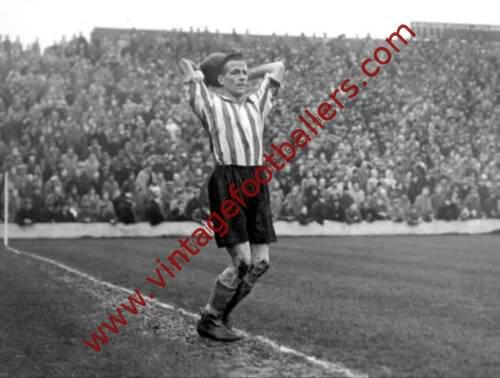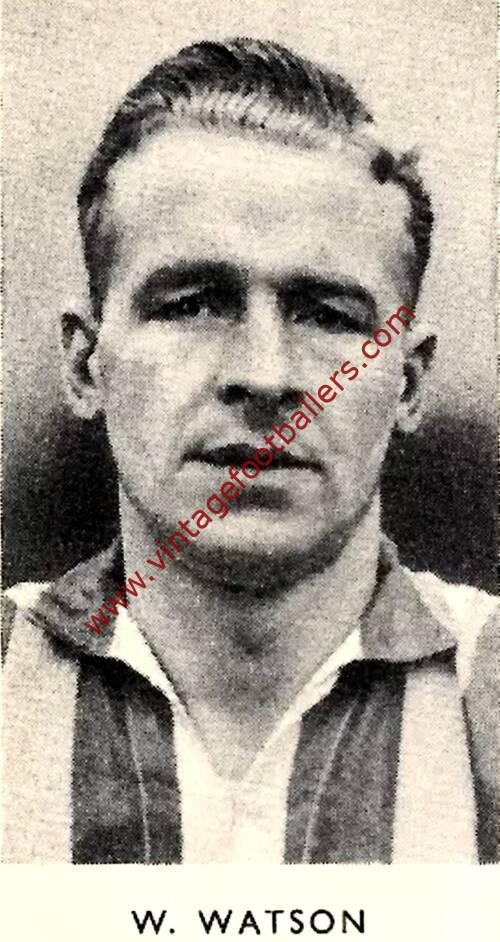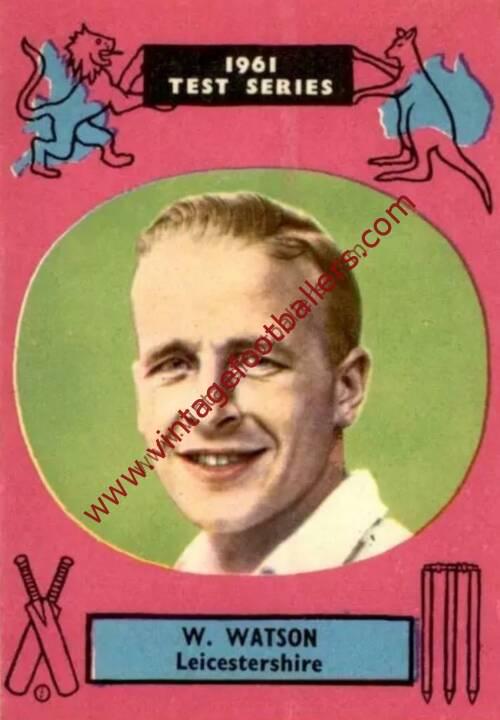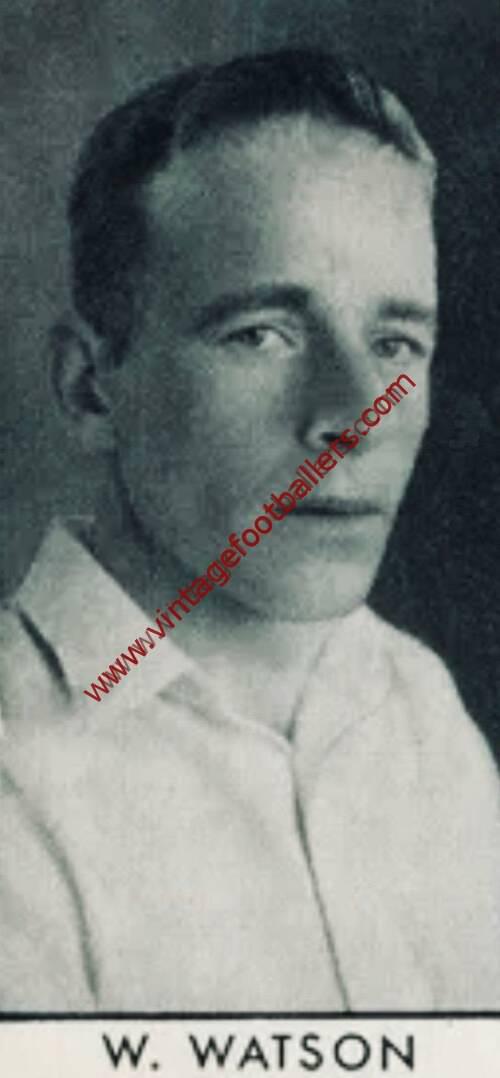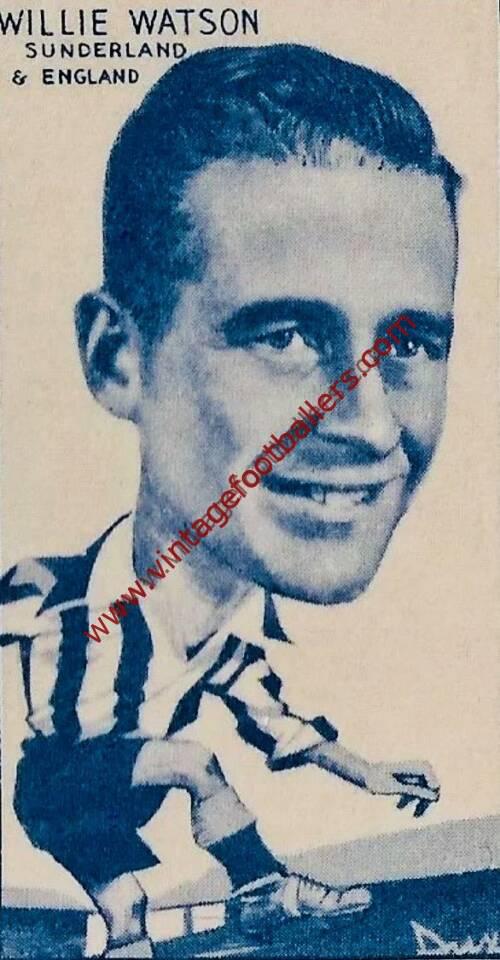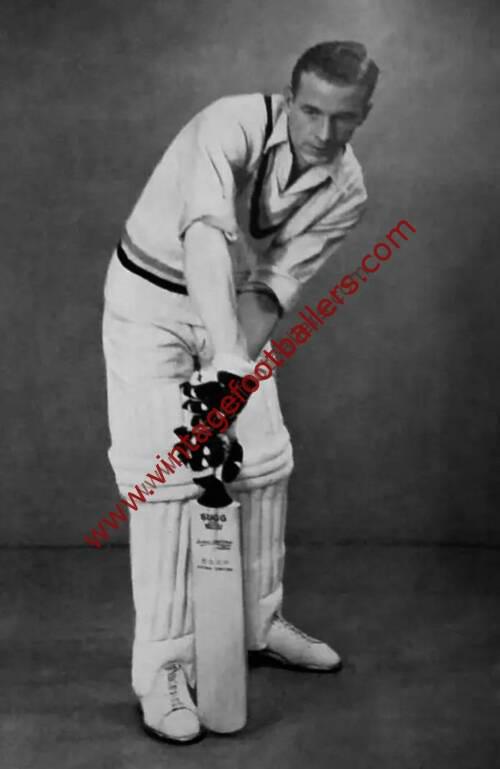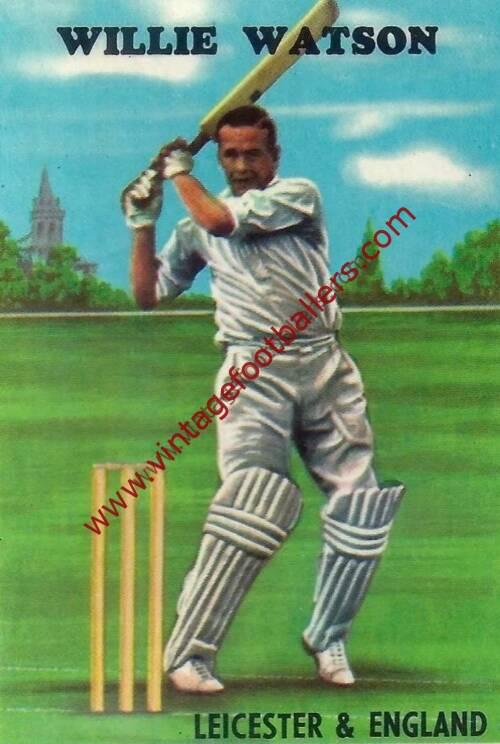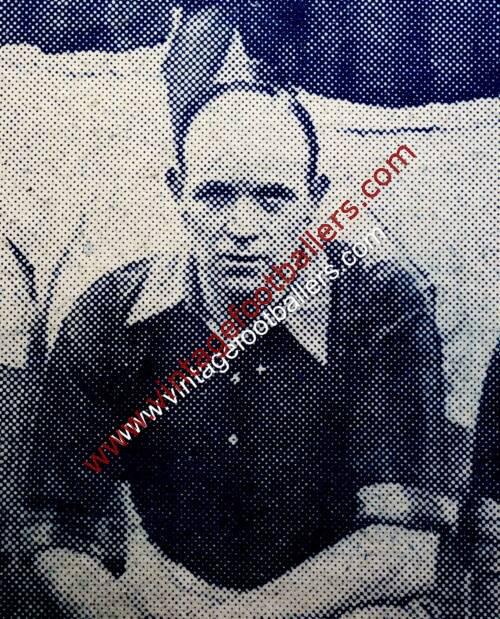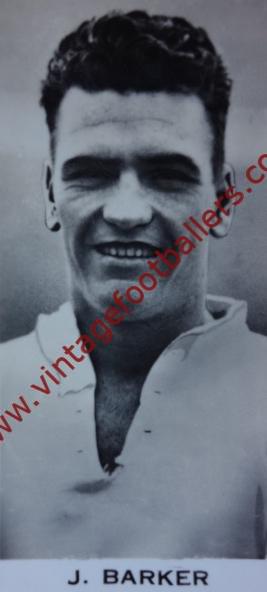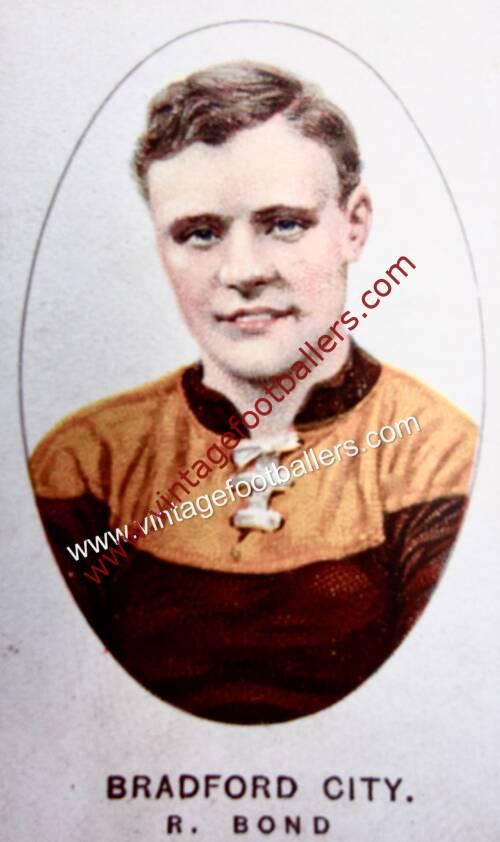Please choose your photo size from the drop down menu below.
If you wish your photo to be framed please select Yes.
Note: 16″x 20″not available in a frame.
Images can also be added to accessories. To order please follow these links
£8.95 – £49.95
Please choose your photo size from the drop down menu below.
If you wish your photo to be framed please select Yes.
Note: 16″x 20″not available in a frame.
Images can also be added to accessories. To order please follow these links
Bolton-upon-Dearne, West Riding of Yorkshire born wing half Willie Watson is the twelth and last double international to have played football and cricket for England, and the only one to do so after the Second World War. He started his football career with junior club Paddock before signing for First Division Huddersfield Town, joining them as a professional in October 1937, having initially joined their youth teams as an amateur in 1935, making his Football League debut at Portsmouth in September 1938, appearing 11 times for The Terriers in the final full season before the Second World War, and he was a reserve for the Town team that lost the 1939 FA Cup semi final to to eventual winners Portsmouth.
After the Second World War he joined Sunderland for £7,000 in April 1946, where he spent the next eight seasons, only losing his regular place in November 1953. He was part of their team that finished in third place in the League Championship in 1949-50 and spent his entire career with them playing in the First Division,
He was first selected for an England squad in September 1947 but was a non playing reserve in a 5-2 victory over Belgium in Brussels. His England debut came more than two years later when he played in a 9-2 demolition of Ireland at Maine Road in November 1949 and he retained his place for a 2-0 win over Italy at White Hart Lane two weeks later. He played in 3 England “B” internationals in May 1950, and was a reserve or squad member for 3 internationals ahead of the 1950 World Cup Finals, where he was a member of the squad for the 1950 World Cup, though he didn’t appear in any of the games in the tournament in Brazil. He won his final two England caps in November 1950, playing in a 4-2 win over Wales at Roker Park and in a 2-2 draw with Yugoslavia at Highbury, although such was his form he was again selected for England in October 1952, but was a non playing reserve for their match with Ireland at Windsor Park, Belfast.
In November 1954 he joined Halifax Town as player manager after 16 goals in 223 appearances for Sunderland, and he scored twice in 37 appearances for The Shaymen before hanging up his boots in 1956. He left the club in April 1956, but returned as their manager in September 1964, leaving in April 1966 to become the manager of Bradford City, where he laid the foundations of a promotion-winning team before leaving in January 1968.
As a cricketer, Watson was a left-handed batsman, and made his debut for Yorkshire in 1939, being awarded his county cap in 1947. He was a regular in the side for a dozen years after the Second World War. He made his Test match debut against the South Africans in 1951, and did well. But at a time when England was rich in batting talent, Watson, a stylish left-hander, rarely commanded a regular place and his twenty three Test matches were spread across eight years, his Test career was a series of stops and starts. His most famous innings was one of 109, in almost six hours, which with Trevor Bailey contributing to a partnership of 163, enabled England to save the second Test at Lord’s in 1953 against the Australians, when the game appeared to be lost. He even found himself dropped after his efforts at Lord’s for the final Ashes series-clinching victory. Nevertheless, he was one of the five Wisden Cricketers of the Year in 1954.
Watson toured in the West Indies in 1953-54, and scored his second Test century in Jamaica. His final Test appearance was in New Zealand in March 1959. Watson’s highest first-class score was 257, for the Marylebone Cricket Club (M.C.C.) against British Guiana at Georgetown. Watson’s cricket career received a late boost when, in 1958, he left Yorkshire having scored 13,593 first class runs for the county with 26 centuries, and joined Leicestershire as assistant secretary and captain. A popular if quiet skipper, he temporarily regained his England place, and was also instrumental in a limited revival of the Leicestershire’s fortunes. He played his last first class match for Leicestershire in 1964.
At Test match level he averaged 25.85 with the bat, scoring three half centuries in addition to his two hundreds. His first class career spanned 468 matches with a batting average was a smidgeon under 4o, with 55 hundreds and 132 half centuries, scoring 1,000 runs in a season 12 times. He also held 295 catches.
He wrote his memoirs, Double International, in 1956 and was a Test Selector between 1962 and 1965. Watson then emigrated to South Africa in 1968, to coach the Wanderers before retiring there.
| Weight | N/A |
|---|
